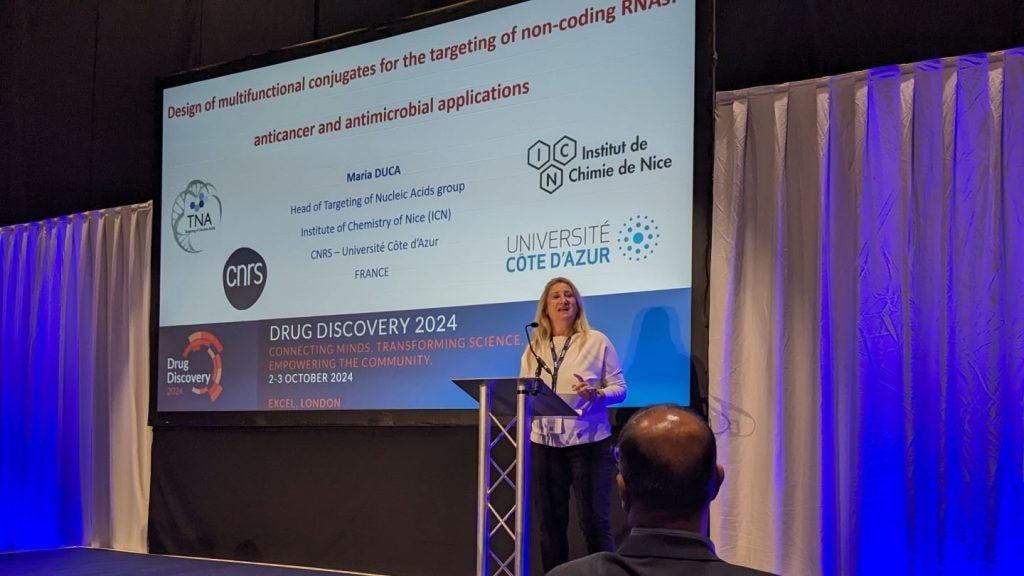Enara Bio has raised $32.5m in a Series B financing round to advance its platform shining a light on cancer-specific antigens from previously uncharted genomic dark matter.
The round was led by Pfizer’s and Merck KGaA’s respective investment arms, who joined as new backers. The Francis Crick Institute also joined the round as a new investor, alongside original backers including RA Capital, Samsara BioCapital and SV Health Investors, as per a 3 October press release.
UK-based Enara said the funds will be used to develop its pipeline of T cell receptor (TCR)-based therapies that target regions of the genome considered ‘dark’ or non-coding. As far as scientists know, these areas of the genome play no role normally in protein-coding. These areas are known as genomic dark matter and although usually silenced in healthy cells, they are often expressed in tumours following alterations to cellular processes.
Enara states that cancer cells can therefore present novel peptide antigens on their surface, coded by these dark areas. The biotech attributes the name ‘Dark Antigens’ to these novel therapeutic targets it discovered.
Enara’s EDAPT platform is what the company uses to discover and validate Dark Antigen targets for potential cancer immunotherapies. The platform combines bioinformatics databases with mass spectrometry of tumour and healthy tissues alongside RNA in situ hybridisation.
Whilst Enara has not shared details about its pipeline yet, the company said its “internal focus is developing TCR-directed immunotherapies against Dark Antigen targets that are highly prevalent and homogenously expressed across solid tumours.”
Pfizer ventures partner Rana Al-Hallaq, who joins Enara’s board of directors following the financing, said: “Dark Antigens may unlock the potential of immunotherapy for many additional patients with solid tumours, and we are pleased to support Enara’s development of this cutting-edge platform to discover and validate these previously untapped targets.”
Before Pfizer and Merck KGaA came on board, Enara had already attracted the interest of another big pharma. Boehringer Ingelheim licensed multiple Dark Antigens from the biotech to develop off-the-shelf immunotherapies for non-small cell lung cancer (NSCLC) in January this year as part of an ongoing collaboration originally started in 2021. Boehringer did not disclose the upfront payment three years ago, but milestone and royalty payments could mean Enara is in line to receive $1.1bn from the partnership with the German drugmaker.
Genomic dark matter has become a promising area for cancer detection, monitoring, and treatment. Earlier this year, researchers at Johns Hopkins University in the US used artificial intelligence (AI) to analyse these non-coding areas of genetic code found in tumours and the bloodstream.
Enara is not the only biotech in the dark genome space – Rome Therapeutics has developed a candidate that targets the ‘jumping gene’ LINE-1 for the treatment of autoimmune conditions. The company raised $72m in a Series B round in September 2023, with backing from Johnson & Johnson (J&J) Innovation and Bristol Myers Squibb (BMS).















